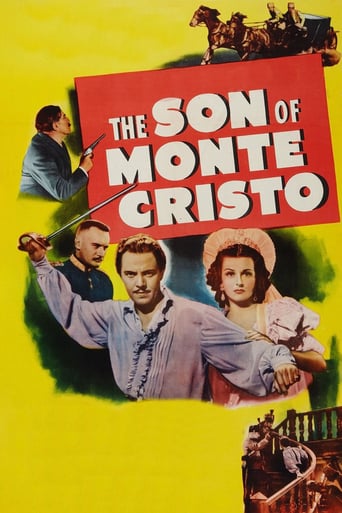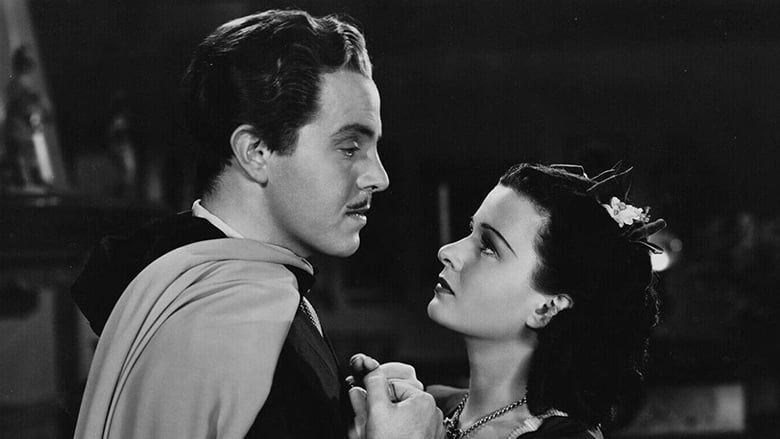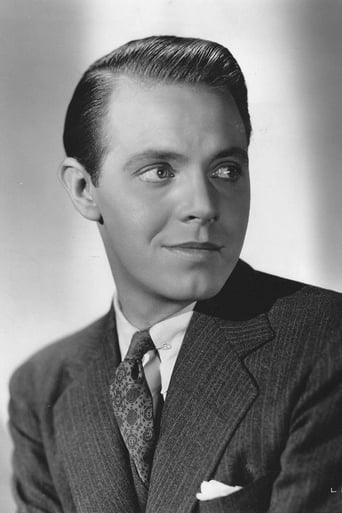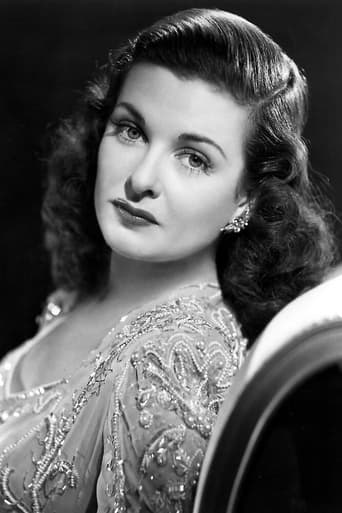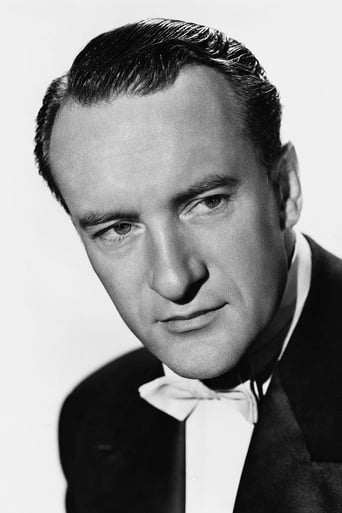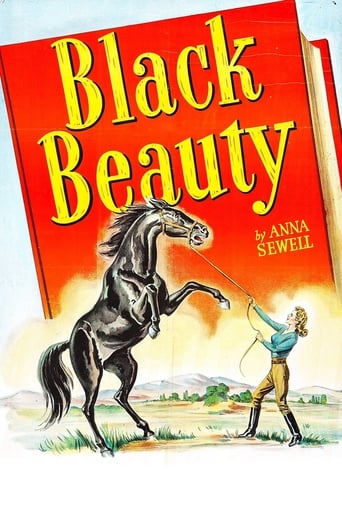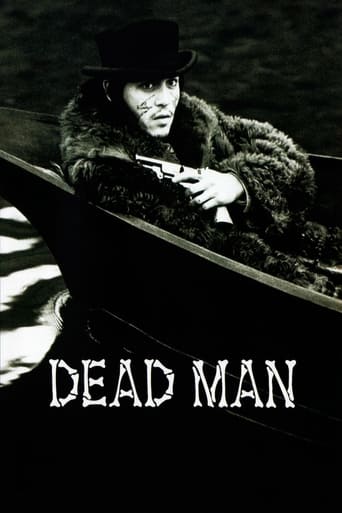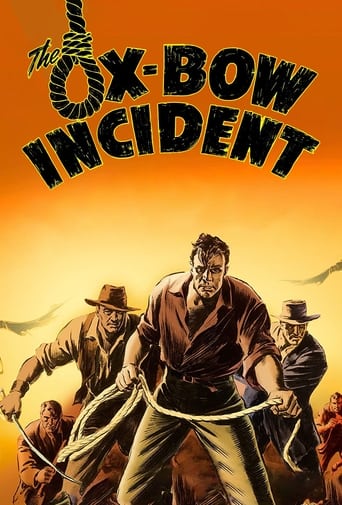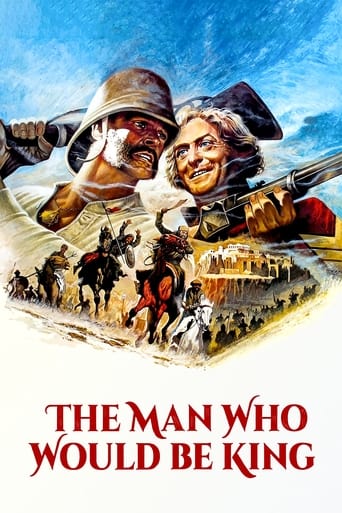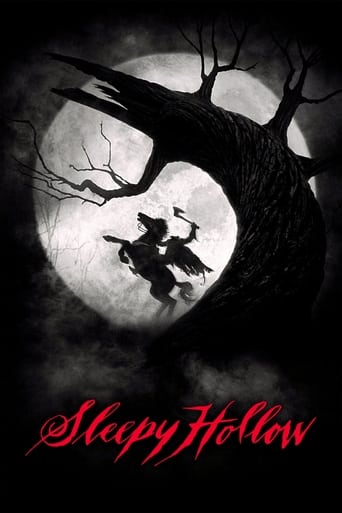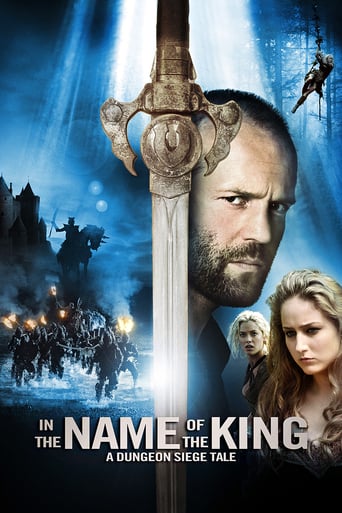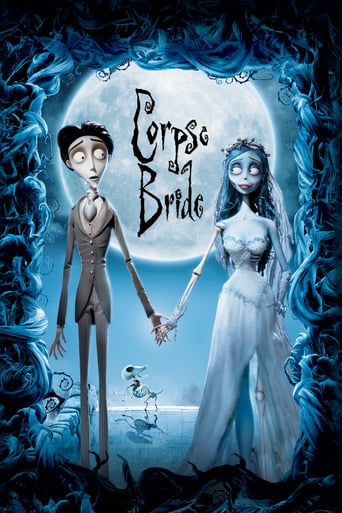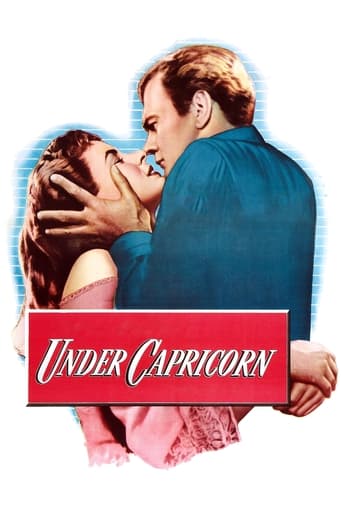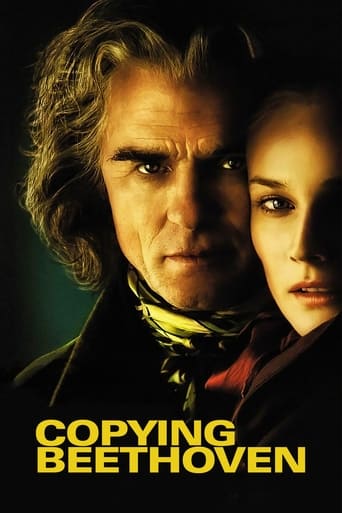The Son of Monte Cristo (1940)
Rightful owner of the kingdom, the Duchess of Zona, is engaged in a power struggle with the evil General Gurko. Edmond, the son of Monte Cristo, dons many disguises to come to the aid of the Duchess.
Watch Trailer
Free Trial Channels
Cast


Similar titles
Reviews
Yawn. Poorly Filmed Snooze Fest.
terrible... so disappointed.
Good start, but then it gets ruined
If you're interested in the topic at hand, you should just watch it and judge yourself because the reviews have gone very biased by people that didn't even watch it and just hate (or love) the creator. I liked it, it was well written, narrated, and directed and it was about a topic that interests me.
They made some outstanding unpretentious swashbucklers in those days, rarely equaled since. -- "The Mark of Zorro," "The Adventures of Robin Hood," among others. They carried no message, just that good was better than evil, and that the audience should enjoy the arousal jag while watching the former humiliate and defeat the latter. They had the directors and actors to pull it all off too. And they had the chutzpah to invent whole kingdoms like Ruritania and, as here, Lichtenburg.Eighteen sixty-five. Poor Lichetenburg. The jewel of the Balkans, rich in tradition, as the prologue tells us. It's ruled by the admirable Joan Bennet, more popular with her fans than Lady GaGa is with hers. Alas, there is a festering authoritarian sore just under the benign monarchy. The filthy General George Sanders, who's been given the haircut of a World War I aviator, the direction to unloose his sneer whenever he likes, and is given the name of Gurko Lanen. Now, think about it. Could anyone named Gurko Lanen ever have a kind thought? You bet he couldn't. Oh, how Sanders would love to rule Lichtenburg, grind his boot into the necks of the hoi polloi and smash babies' heads against the stone walls. He's the kind of guy who could clear a room without using a gun. He's decked out in a black uniform, riding breeches and boots, reminiscent of Hitler's SS. This is 1940 we're talking about. But his last name conjures up images of the spiritual leader of the Bolshevik revolution. The German-Russian Non-Aggression Pact lasted from 1939 to 1941, so both Nazi Germany and the USSR were seen as enemies of the good guys. The Soviet threat surfaces again later. If there were any doubts they're dispelled by the scene in which Sanders and the Russian representative stand side by side signing what amounts to an agreement of mutual support. Inimical to Sanders' ambitions is the Prime Minister, Montagu Love, loyal representative of the Grand Duchess. Sanders has him put away on a fake charge.At any rate, Louis Hayward, the son of the Count of Monte Cristo, and the richest man in Europe, takes up the cause of the reformers and worms his way into the palace posing as a hoity toity fop. He does numerous good deeds and in this more daring, masked persona he gives himself the name of Zorro -- I mean The Torch. Both Tyrone Power and Errol Flynn were better at this game. Hayward comes across as a nice guy but a little daft. He never takes anything seriously, even while waiting in a dungeon to be hanged. Joan Bennet is pretty without bringing much to the party.But George Sanders is outstanding. He dominates the screen no matter what the role is -- sardonic hero, sardonic brutal villain, or sardonic suave villain. The guy never lets you down. He looks somewhat like the novelist Vladimir Nabokov. They were both born in the same year in the same city, St. Petersburg. I've often wondered whether they were one and the same person. People claim all sorts of false identities. Look at Prince Michael Romanoff the late restaurateur. Look at Sebastian Melmoth. Look at Bernie Schwartz. As far as I know, no one has seen Sanders and Nabokov in the same room together. As far as I'm concerned, Q.E.D.I don't think too many would argue that this is fresh material. The story of the skilled swordsman acting the pouf is from "The Mark of Zorro" and so is the scene in which a snarling soldier rips a treasonous paper from the public wall while surrounded by frightened peasants, and so is the hidden passageway in the basement and the wet footprints on the stone floor that lead to the secret panel in the wall.As for the working out of the plot, I leave it to you to decide whether Hayward escapes from the dungeon, interrupts the marriage of Sanders to Bennet, engages in a climactic sword fight with Sanders, kills him after a suitable wisecrack, and sweeps the Grand Duchess up in his arms at the end.That climactic sword fight is brief because neither actor is particularly graceful and neither knows anything about fencing. You want to see a match that thrills, see "The Mark of Zorro" or "Scaramouche."
With a good story full of adventure, action, and intrigue, plus a very good cast, "The Son of Monte Cristo" is an entertaining and enjoyable movie. Louis Hayward and Joan Bennett work well in the lead roles, and George Sanders is always a threat to steal any scene he is in. The story stands on its own, since the only connection it has with the often-filmed "The Count of Monte Cristo" is the main character's relationship with the previous Count. So there's no need to be familiar with the original to be able to enjoy this one.Bennett is effective as the spirited Grand Duchess, and Hayward has a juicy role as the young Count, which gives him the chance to assume a different persona every so often during the course of the story. As the brutally ambitious general, Sanders's appearance is quite a bit different from the more familiar look he has in his best-known roles, but his voice and mannerisms are easily recognizable, and he comes across with a good blend of suavity and menace.The story has the Grand Duchess being held at the mercy of the general, with the Count eagerly getting involved in the fictional country's affairs. The story has many turns and mild surprises, and it does a rather resourceful job of coming up with new predicaments and developments to keep things going. Most of the plot devices are familiar from other sources, but they are pieced together with skill, and its very good as light entertainment.
It is almost invariably a bad sign when the villain of the piece utterly steals the show in the first ten minutes - even when said villain is played by the inimitable George Sanders. I was seriously tempted to give up on this film before the eponymous Count had made his (delayed) appearance; indeed, memory suggested that on a previous occasion I had actually done so. To have missed the remainder of this charming film, however, must now rank as one of my most serious misjudgements so far!George Sanders is superb as the ruthless Gurko Lanen, but a performance of this calibre in the role of the villain holds the danger of overbalancing the film in the absence of a totally outstanding performance on the part of his opponent. But the introduction of Louis Hayward's slender, charming Monte Cristo as an outsider into the cliche'd Ruritanian mix proves to be the vital spark that not only saves the film but catapults it to rank as a joyous classic of its genre. As Gurko Lanen sardonically observes, it is an adversary with a sense of humour who is dangerous.No-one could claim originality for the plot. There are strong echoes of 'The Mask of Zorro' to be found, as our well-born young hero alternates the pose of a fop - suffering the scorn of his ladylove - with the role of masked defender of the downtrodden masses. But expectations are constantly subverted; like its title character, the film has the endearing knack of not taking itself too seriously.This is one hero, for all his skill, who has been known to lose when launching himself gaily into battle against overwhelming numbers of his rival's henchmen; who takes his nom de guerre at the whim of a moment from the banner heading of an underground news-sheet; who shrugs off his enemy's imprecations and his lady's upbraiding both alike, with a merry grin; who clearly takes enormous enjoyment in sending himself up by playing the part of a foppish banker to deflect General Lanen's suspicions. In a nod to the Dumas original, the tool that gains him access to the General's plans and confidence is the prospect of a banking loan from the fabled Monte Cristo fortune, and despite his title the young Count is able to point out that, like Gurko Lanen, Edmond Dantes the elder was a self-made man.For, if the hero is not entirely infallible - and all the more likeable for it - neither is the villain entirely without our sympathy. As we see in the opening scenes, Lanen is neither a fool nor a coward, and despite his cultured suavity he is the son of a stonemason, and proud of it; a gifted peasant who has dared to aspire, first to the rulership of his tiny country, then to the hand of the greatest lady in the land, the Grand Duchess herself. It is not a romance that the audience can possibly favour - the would-be suitor is too old, too brutal, too jaded to be a suitable match for young Zona - but it is hard not to wince at the haughty manner in which his courtship is dismissed. To this viewer at least, the proposal sounded genuine, evoking the old proverb that 'if she would not take him, still the lady might make him' - but any possibility for redemption is lost by the all-too-evident contempt of the Grand Duchess for the low-born upstart General.(And I never could see why Baron von Neuhof's arrest for plotting to bring in Louis Napoleon's troops in order to return his own faction to power gets dismissed as "trumped-up charges", when Lanen's last-ditch resort to a similar bargain with the Tsar is trumpeted as a vile betrayal of his country....)It's obvious from the start that this is one villain who is going to give the hero and his allies a run for their money; and so he does. Monte Cristo's flattery doesn't fool the General for an instant, though he is prepared to tolerate the fop as long as he remains useful, and the identity of the spy who ultimately betrays 'The Torch' has been skilfully established from the very first scenes. As soon as Lanen's suspicions are aroused he contrives, with only a little manipulation of those most loyal to his audacious guest, to discover both his secret identity and his concealed escape route in time to have him arrested and thrown in jail.Ruthless and resourceful to the very last, Gurko Lanen keeps us gasping as he gambles everything to achieve his aims. Yet above all, it is Louis Hayward, in the irrepressible part of Edmond Dantes the younger (surely a kindred spirit of Simon Templar?) who really brings the picture to life. It will take all the wit and daring of an opponent as ingenious and endearing as the Son of Monte Cristo to stop the General... with a little help from Zona, who at the crucial moment yet again subverts the genre by saving herself!Bloopers are few, although the Grand Duchess' achievement in adhering side-saddle behind her rescuer on the rump of a galloping horse is little short of miraculous, as is the apparent availability of sticky tape in 1865 for silencing the mouth of the Russian ambassador! During Lanen's balcony speech, a distant off-stage voice can faintly be heard prompting him line by line; while it's not beyond the bounds of possibility that the character would have had a prepared speech 'cued' to him in that situation, I somehow doubt that this was intentional :-)
Screenwriter George Bruce concocted a pastiche with affection in this film, wherein each scene and, indeed, each read line of dialogue is parodic in nature, although the work is so well crafted and edited that it has been accepted as simply an example of a swashbuckling adventure featuring some major studio players, including Louis Hayward and Joan Bennett. The plot involves a contest between Hayward, as the Count of Monte Cristo, and the redoubtable George Sanders as his rival, Gurko Lanen, for the hand of Bennett, who portrays Zona, Grand Duchess of the imaginary Balkan state of Lichtenburg, during the mid-nineteenth century, and ancillary issues involving Lanen's craving for the small state's throne. The three leads give full-bodied performances with straight-forward interpretations appropriate to a pastiche, while Hayward's rapid-fire intonation and expressions create a unique characterization, contrasted nicely with Sanders' satiny villain, all supported well by numerous Hollywood stalwarts, notably Ian Wolfe, Montague Love and Clayton Moore. Direction by Rowland W. Lee perfectly matches the clever Bruce scenario, and the cinematography by George Robinson, production design by John Schulze, set decoration by Edward Boyle (the latter two Academy award winners for their efforts) and the Saturday matinee serial music of Edward Ward are about as pertinent as can be imaginable, while the excellent print enhances a neatly packaged tale of derring-do.

